BALTIMORE (WBFF) — As National Guard troops patrol the streets of Washington, D.C., under President Donald Trump’s 30-day crime emergency, Maryland leaders are drawing a firm line: federal help may be welcome, but boots on the ground are not.
Maryland Gov. Wes Moore has repeatedly stated he does not support using the National Guard to police Baltimore. His stance has put him at odds with the White House, drawing national attention and igniting a broader debate over federal authority, state sovereignty, and the right way to tackle violent crime.
Moore: Federal Aid, Not Federal Troops
In recent weeks, Gov. Moore has appeared on national television and in local press to make his position clear: while Maryland would benefit from federal assistance, deploying the National Guard is not the answer.
“I absolutely want federal assistance,” Moore said in an interview with FOX45 News. “But not in the form of the National Guard, because the National Guard is not an effective form of federal assistance.”
Instead, Moore has called for expanded funding, staffing, and resources for agencies like the FBI and ATF, which he argues are better equipped to combat organized crime, gun trafficking, and violent networks operating in Baltimore. His administration has already invested in local law enforcement and has provided state funding to support the U.S. Attorney’s Office in taking more cases federal.
“There’s a whole lot I would like for federal assistance,” he said. “Just as long as it’s not the National Guard.”
Results in D.C. Raise Questions
While Moore pushes back, the White House points to promising data from Washington, D.C., where the surge of federal officers has coincided with sharp crime reductions. According to D.C. police data, carjackings have dropped 87%, and violent crime is down 45% since the federal deployment began.
Mayor Muriel Bowser, initially skeptical of the plan, now acknowledges the benefits. “We greatly appreciate the surge of officers that enhance what MPD has been able to do in this city,” Bowser said at an Aug. 27 news conference. “When carjackings go down, when the use of guns goes down, when homicide or robbery go down, neighborhoods feel safer and are safer.”
When pressed about how he responds to these results, Moore sidestepped the comparison. Instead, he emphasized that Baltimore and Maryland need different solutions tailored to their challenges.
“I would love to have a serious conversation with the White House about what’s on my wish list for resources in Maryland,” he said.
Governors Push Back on Trump’s Authority
Moore’s opposition is not isolated. He joined a group of Democratic governors who issued a joint statement condemning President Trump’s threats to deploy National Guard troops in states without a governor’s request.
“Whether it’s Illinois, Maryland, and New York, or another state tomorrow, the President’s threats and efforts to deploy a state’s National Guard without the request and consent of that state’s governor is an alarming abuse of power, ineffective, and undermines the mission of our service members,” the statement read.
Moore maintains that federal resources should be collaborative, not imposed. “There’s a distinction between saying we welcome federal supports and saying we want to mobilize the National Guard,” he explained.
Baltimore vs. Washington: A Tale of Two Cities
The contrast between Baltimore and Washington has become a political flashpoint. While D.C. celebrates a reduction in violent crime, Baltimore continues to struggle with stubbornly high rates. Some critics argue Moore’s refusal to embrace federal troops ignores the urgency of the crisis.
But Moore insists that Baltimore’s progress should not be overlooked. He pointed to state and local initiatives showing early signs of impact and invited President Trump to visit Baltimore to witness the work being done firsthand.
That invitation, however, was met with more criticism than cooperation. Trump dismissed Baltimore as a “hellhole” and mocked the city’s struggles with crime. “I want to walk with you too someday,” Trump said, “but first you gotta clean up your crime.”
Moore bristled at the remarks, accusing Trump of attacking rather than supporting Maryland. “When I’m hearing attacks on my state and on our state’s largest city — things like hellscape, hellhole, and death scape — I feel like the federal government is attacking us,” Moore said.
Personal Barbs and Political Undertones
Though Moore insists the feud is not personal, he has not shied away from sharp language. At one point, he referred to Trump as “President Bone Spurs,” a jab referencing Trump’s Vietnam draft deferments. When asked about the comment, Moore brushed it aside, pivoting back to his message: fighting for Maryland.
“I’m going to fight for my people,” Moore said. “If the President of the United States wants to have a serious conversation about not to fight us, but to fight for us, I would be very excited to have that conversation with him.”
Since the Guard’s deployment in D.C., Moore has appeared on national television at least nine times to argue his case. Reporters have begun to ask whether the high-profile feud might be a steppingstone toward a 2028 presidential run. Trump himself has suggested Moore could be a contender.
Moore, however, dismissed speculation about his political ambitions. “My only concern is the people of Maryland. That’s it,” he said. “You’re never going to hear me talk about what this means for me personally. It’s only about what it means for our folks.”
A Fight Over Strategy, Not Just Politics
At its core, the clash between Moore and Trump is not only about personalities but about how best to fight violent crime.
Trump and his allies argue that the National Guard has proven effective in Washington and could replicate those results in Baltimore. Moore counters that the Guard lacks the training for long-term urban policing and that federal law enforcement agencies offer a smarter, more sustainable path.
The data out of Washington may bolster Trump’s case, but Moore is betting on Maryland’s ability to chart its own strategy — one that blends federal partnerships, state investments, and community engagement without relying on the military.
The Road Ahead
As the back-and-forth continues, Baltimore residents remain caught in the middle, living with the reality of daily violence and desperate for solutions. Whether Moore’s approach can deliver the results that D.C. has seen remains to be proven.
For now, Maryland’s governor is standing firm. He wants the federal government to fight with him, not against him — and he’s determined to show that Baltimore can turn the tide on crime without soldiers patrolling its streets.

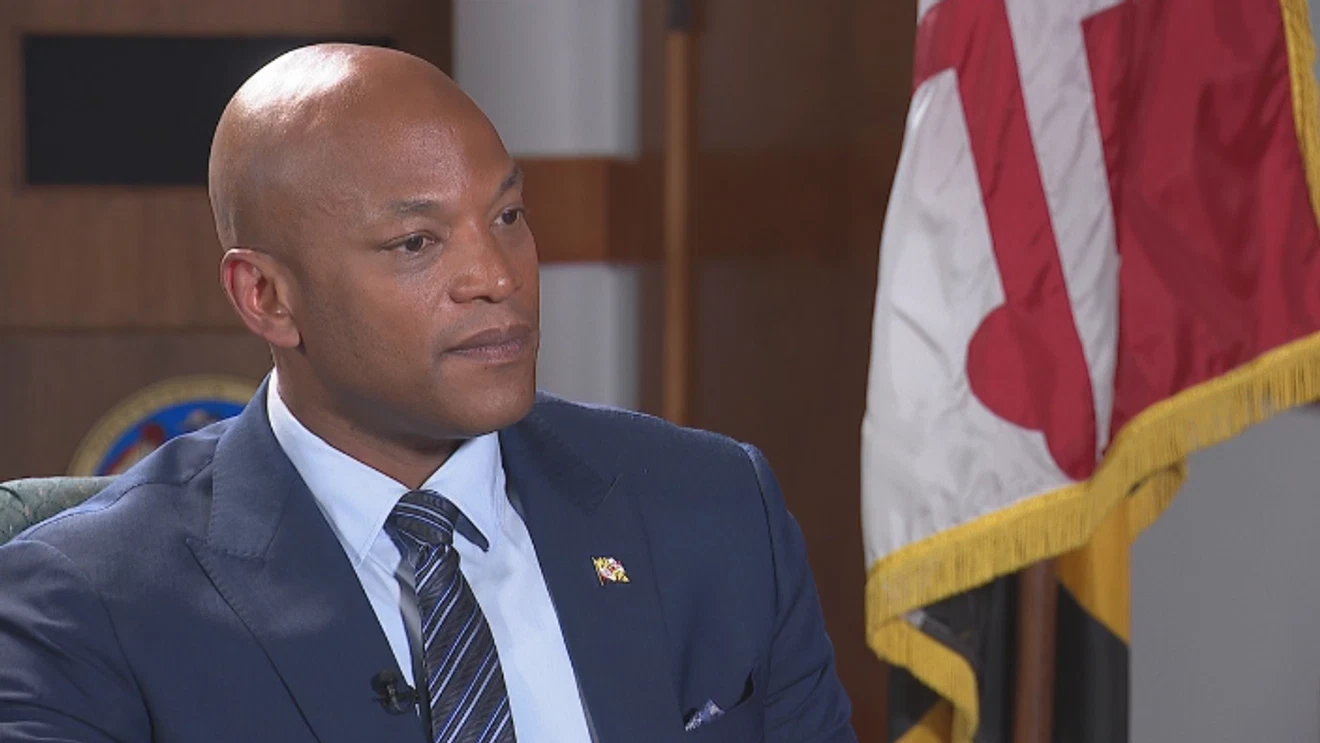
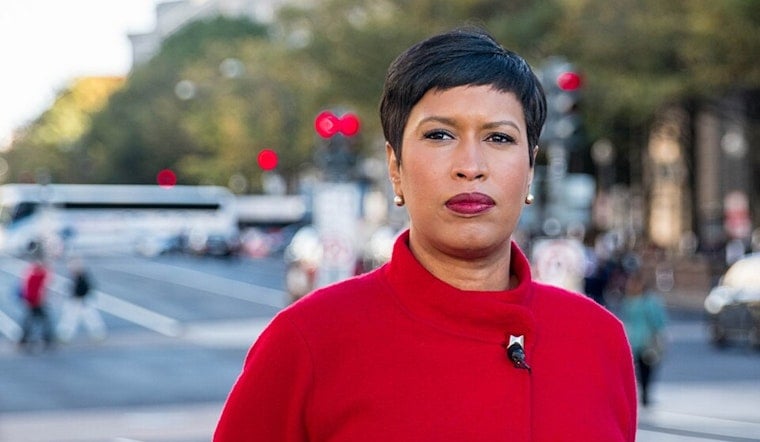
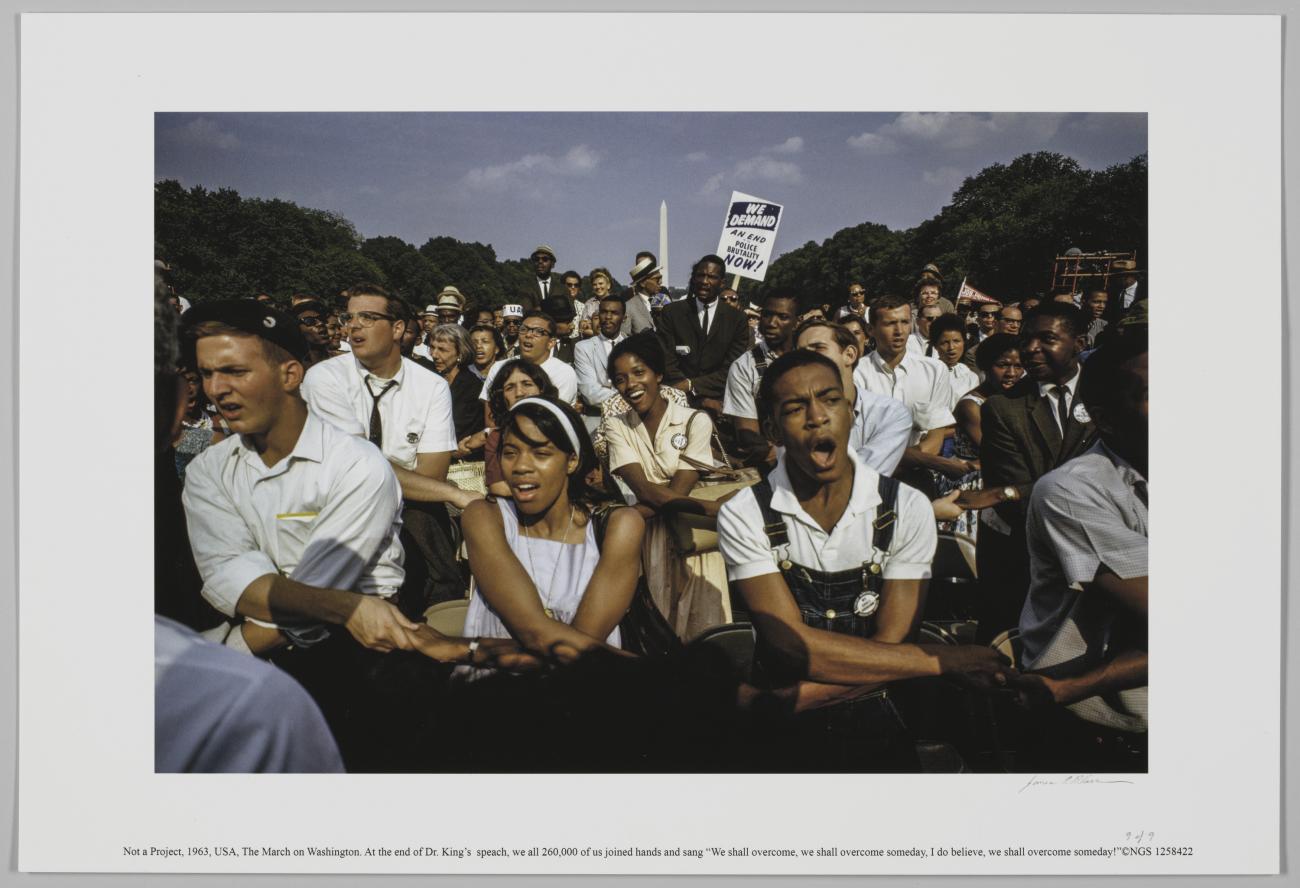
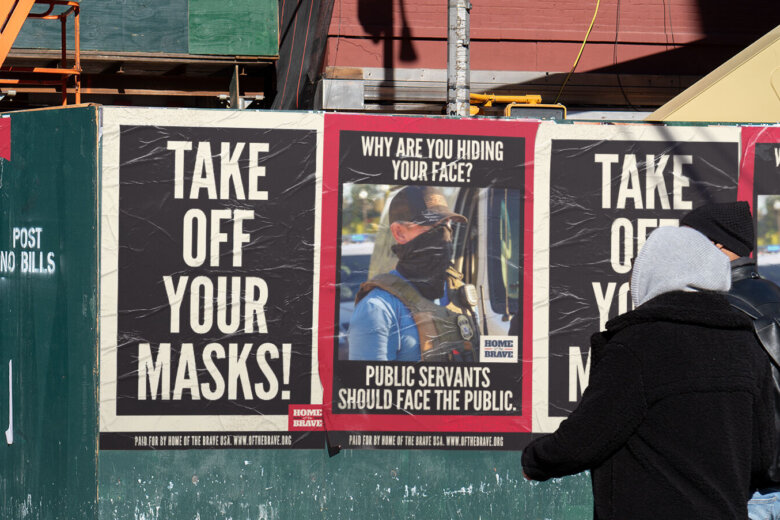
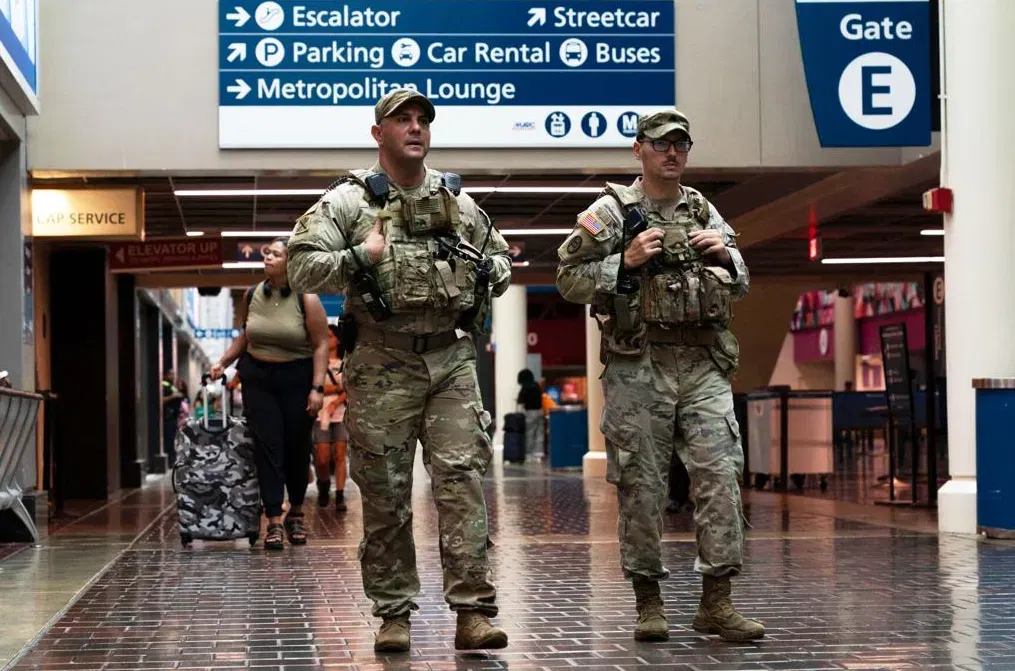
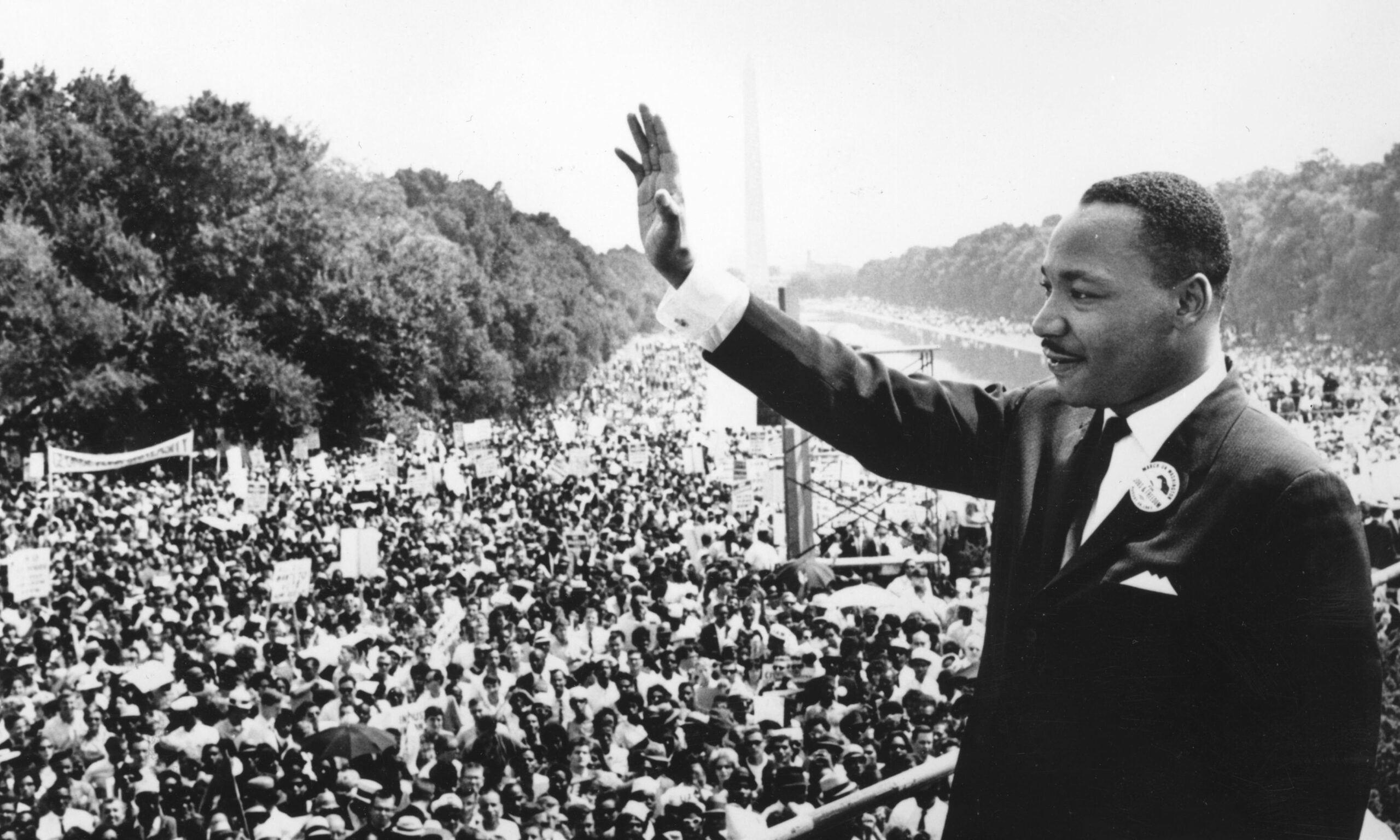
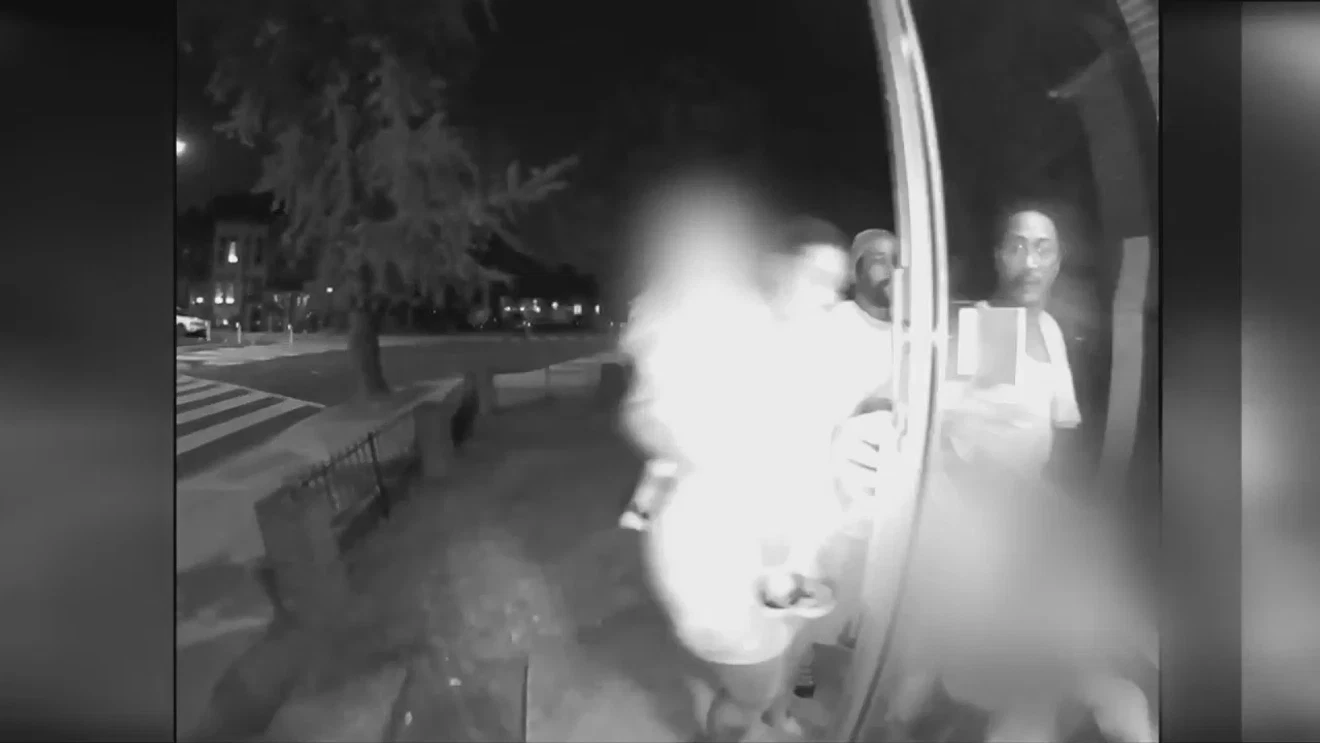
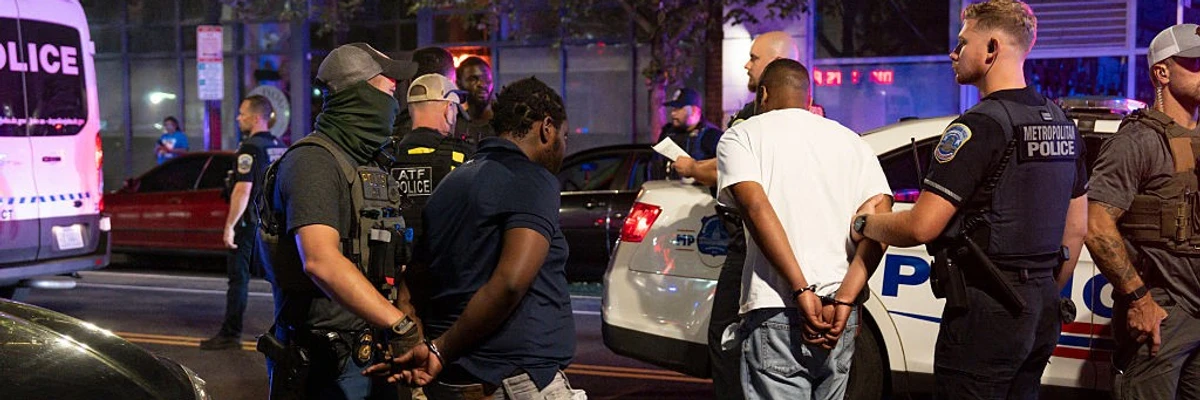
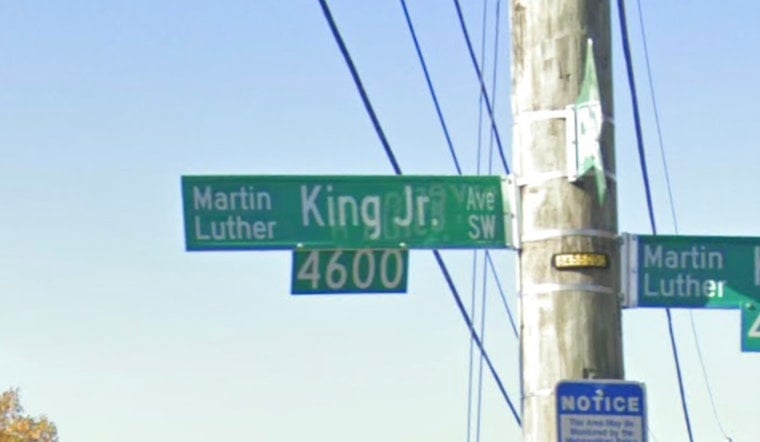
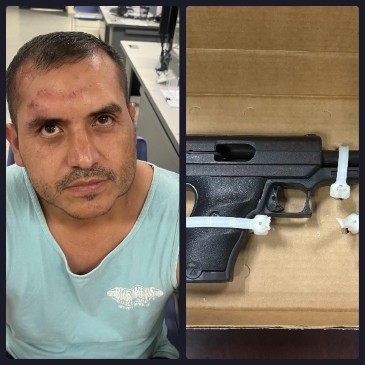
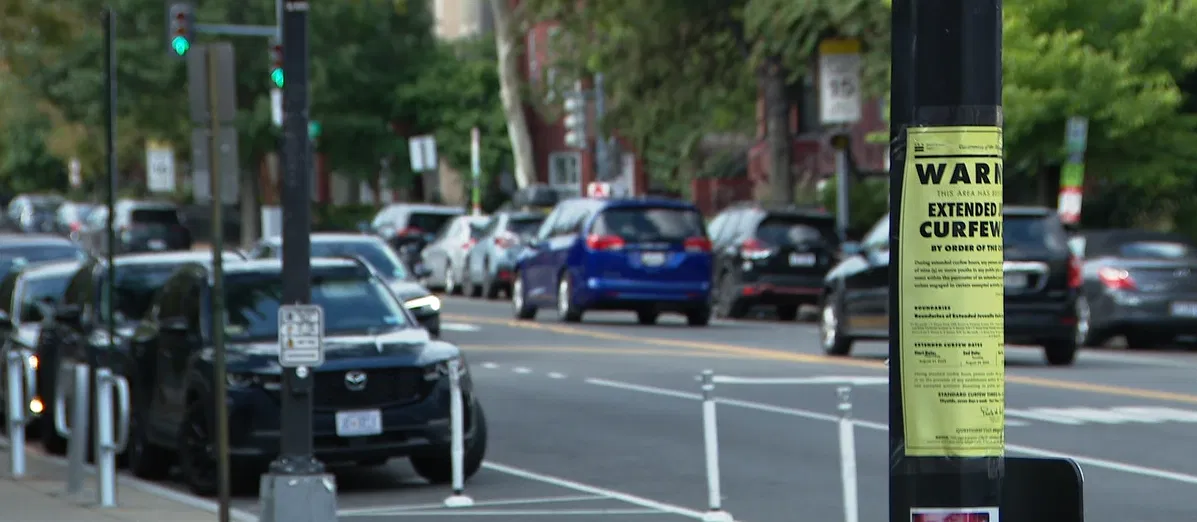
Leave a Reply